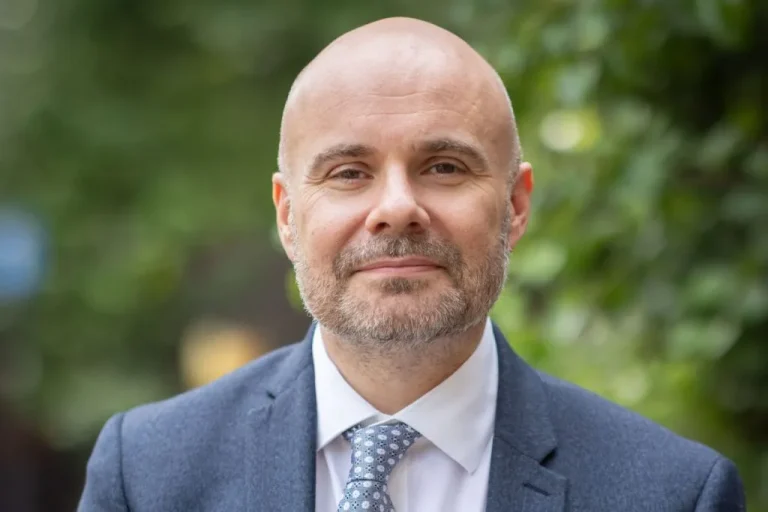NHS England remains “committed” to ensuring “good clinical leadership” across integrated care boards (ICBs), the chief nursing officer has said following concerns over senior nursing posts being scrapped.
Speaking to Nursing Times today, Duncan Burton acknowledged that there were “significant changes” under way across ICBs and the wider NHS, but that clinical leadership was “fundamental” to how organisations are run.
“Clinical leadership is a fundamental part of our ICBs, and that remains the same”
Duncan Burton
His comments come after it was revealed last week that NHS North East London ICB had axed its chief nursing officer role from its executive team, as part of major cost-cutting reforms.
The Royal College of Nursing criticised the decision and warned that it had heard reports of other ICBs in England “planning to follow suit”.
The union previously argued that savings ICBs had been asked to make were unsafe and showed a lack of understanding of the value of nursing leadership roles.
The move by NHS North East London ICB followed a national directive issued by NHS England on 1 April, which instructed ICBs to reduce their administrative costs by 50%.
In a Model ICB Blueprint, published in July, ICBs were told to “streamline” and reduce headcounts on their boards.
During a visit to University College Hospital for the launch of the government’s new ‘graduate guarantee’ for newly registered nurses, Nursing Times asked Mr Burton whether more ICBs could cut chief nursing officer posts.
He said: “There are significant changes happening across our ICBs, rightly so, as part of the changes across the NHS.
“Clinical leadership is a fundamental part of our ICBs, and that remains the same,” said the CNO for England.
“That’s absolutely what we’ve committed to, making sure there’s good clinical leadership.
“But that does mean, at times, we are going to have to change the approach that we take, and clearly our regions are working with all of our ICBs to review the structures that are being proposed,” he noted.
An NHS England spokesperson told Nursing Times last week that the organisation would not be prescribing ICB board size and composition, as it was for ICBs to resolve locally.
Under the ICB model constitution, boards must include at least two non-executive board members, a finance director, nursing director and medical director.
Changes to ICB constitutions require NHS England agreement and the spokesperson said boards would be “encouraged to discuss any relevant changes they would like to make to their board executive leadership with their regional team”.

